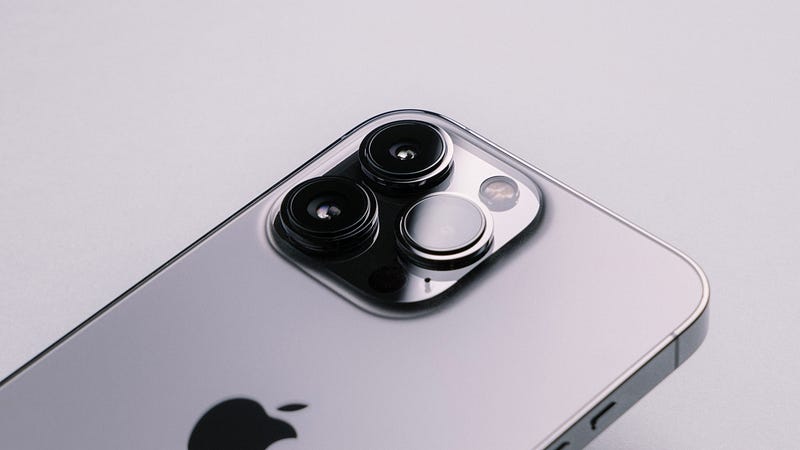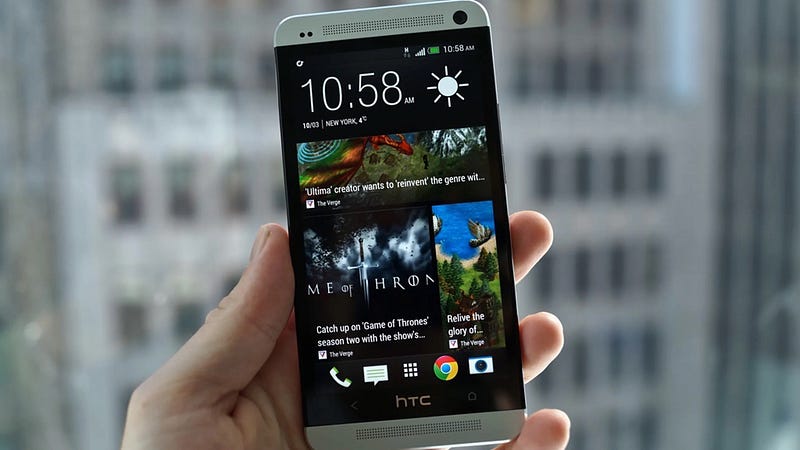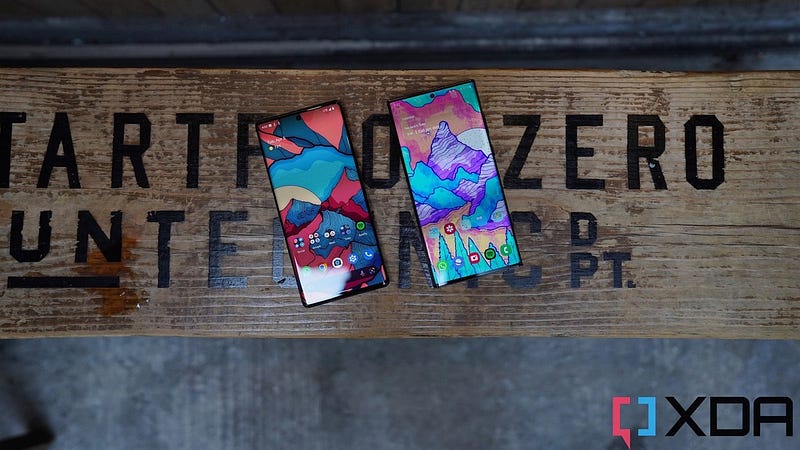The iPhone's Predictable Evolution: Embracing the Ordinary
Written on
The iPhone: A Steady Course
In the wake of WWDC and as the iPhone celebrates its 10th anniversary, discussions surrounding the evolution of Apple products have gained momentum. Conversations often drift back to the legacy of Steve Jobs and the company's earlier innovations.
Recently, after tuning into several podcasts and diving into Tripp Mickle’s After Steve, it struck me how the iPhone has settled into a routine that some might deem dull. Every year, predicting the next iteration of the iPhone has become increasingly straightforward, fueled by a constant stream of accurate rumors.
Apple consistently finds ways to make each new iPhone appealing, and while I anticipate meaningful upgrades with the iPhone 14, it doesn’t diminish the value of last year's model or even earlier versions. This commentary isn't to discourage annual upgrades for those who prioritize them, but rather to express that each subsequent release seems to lack the excitement of its predecessors.
In my view, the iPhone has reached a level of maturity. This maturity should not be confused with a lack of innovation. While Apple will undoubtedly continue to enhance the iPhone, I genuinely believe that the essential elements needed for a top-tier smartphone have been achieved in recent years.
Take, for instance, the camera on the iPhone 13 Pro—it's exceptional. The display, battery longevity, and processing speed are all top-notch, delivering an impressive pocket-sized computer experience. Yet, during a recent episode of Connected, as the hosts ranked various iPhones, it became evident that the device has remained fundamentally unchanged since its inception: a sleek combination of metal or plastic encasing a glass display.
Smartphones, much like computers, tend to plateau once a successful formula is established. They epitomize what users expect from a portable computing device. Prior to my long-term engagement with iPhones, I explored a variety of Android options.

The Evolution of Smartphones
In those earlier days, smartphones were a canvas for innovation, with companies like HTC, Google, and Motorola introducing diverse and exciting models. HTC, for instance, boasted front-facing speakers and high-resolution displays, while Motorola offered unique design choices with wood or metal casings.
Today, the landscape of smartphones has largely consolidated into sleek glass slabs. Some models incorporate features like under-display fingerprint scanners or novel camera designs, but the overall aesthetic has become quite uniform, characterized by stellar displays, robust casings, and impressive cameras.
While the software might differentiate these devices, the general experience across iPhones remains consistent, regardless of the iOS version. In contrast, devices like the Samsung S22 and Google Pixel 6 provide distinctly different interactions, even when running similar Android versions.

The Future of Smartphone Expectations
The crux of my argument is that the iPhone, along with most smartphones, has become a well-defined product in the market. For children growing up today, owning a smartphone will feel like a natural part of life, which is both expected and somewhat bittersweet.
Perhaps this sentiment stems from nostalgia, as I've witnessed an era rich with diverse smartphone launches. We have arrived at a stage where smartphones, including the iPhone, are ubiquitous tools—integral to our daily lives. They enable us to capture moments, organize our tasks, and stay connected with others, providing a level of convenience that some might label as laziness.
My iPhone 13 Pro is an outstanding device. The quality of photos I capture is remarkable, and I still marvel at the brilliance of its display. The difference in visual clarity between my iPhone and even high-end desktop monitors is striking.

Conclusion: Finding Value in Familiarity
In conclusion, while it may be true that the iPhone lacks the thrill of novelty, it remains an exceptional device offering a wealth of features. The upcoming iPhone 14 is expected to maintain a similar aesthetic to its predecessor, with only minor modifications like the potential redesign of the notch. Even if it does change, it will still fundamentally be an iPhone—and that's perfectly fine.
The first video titled "Why the iPhone 15 is so BORING!" discusses the predictable nature of the iPhone's evolution and what it means for consumers.
The second video, "The iPhone has a Problem: It's Boring [Opinion]," explores opinions on the iPhone's lack of excitement in recent iterations.